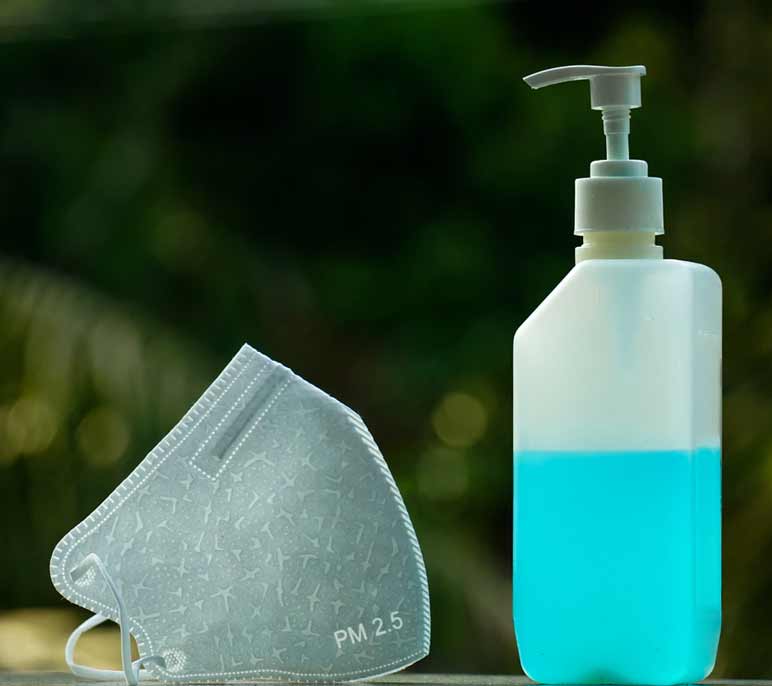
Poor sanitation systems are among the leading causes of the spread of preventable diseases in developing nations. PRAYAS TRUST works in some of the most poverty-stricken Areas to provide underprivileged and rural children and their families with access to improved sanitation systems.
CHALLENGES
In rural India, menstruation is embedded in myths and taboos. Due to cultural and religious beliefs, menstruation is perceived as dirty, impure and even unholy. Because of this, menstruation is surrounded by a culture of silence and shame. Menstruating women are often expected to follow a set of restrictions during their periods, such as not going to the temple or offering prayers, not entering the kitchen and not touching certain foods.Menstruation is not openly talked about in families or at school. It is actually estimated that over half of girls don’t know about menstruation when they get their periods. Their mothers are too ashamed to talk about it and frequently lack knowledge of the biological explanation of menstruation and of the adequate ways of managing periods. Schools tend not to fill this gap either. The issue is rarely discussed in classrooms and teachers themselves often find the topic embarrassing, perpetuating an environment of shame and secrecy around menstruation.
Furthermore, most rural women lack awareness or are too poor to buy sanitary napkins. The most common alternative is cloth, and while cloth is not unhygienic per se, without proper care its use increases the risk of infection and other diseases.
Misinformation and stigma often leads women to use unsanitary methods to manage their menstruation like dirty rags, leaves, sand or ash. Moreover, taboos prevent them from washing their cloth publicly and more importantly from drying it in the sun, so they frequently use damp cloth which is unhygienic and hazardous to health. Other diseases like urinary tract infections, fungal infections and cervical cancer have a higher incidence among these women as well.
OUR SOLUTIONS-